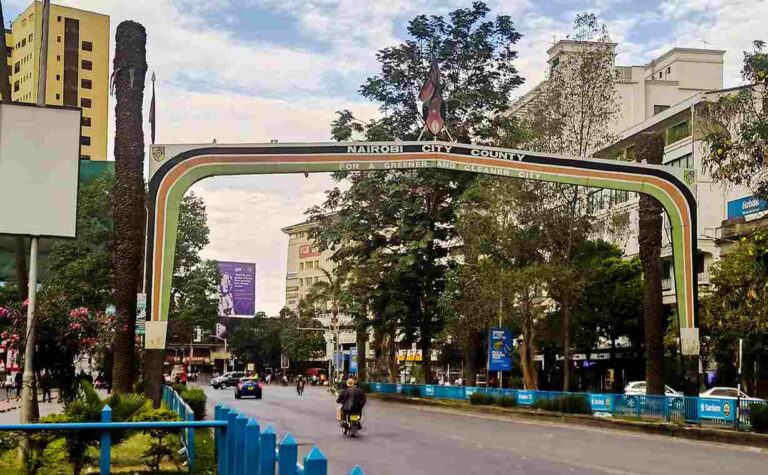Business conditions in Kenya’s private sector weakened at the fastest pace in a year, with the Stanbic Bank Kenya Purchasing Managers’ Index™ (PMI®) falling to 46.8 in July from 48.6 in June.
This marks a third consecutive monthly decline and signals a broad-based downturn amid intensifying inflationary pressures, weakening consumer demand, and widespread disruptions caused by political protests.
Key Sector Insights
Private sector activity declined for a third straight month, registering the sharpest contraction since July 2024. The downturn was concentrated in manufacturing and services, while agriculture, construction, and wholesale & retail sectors posted growth.
Sales volumes plummeted at the strongest rate in 12 months, attributed to weakened consumer purchasing power, elevated prices, and reduced footfall during the protest period.
Companies successfully cleared backlogs at the quickest pace since April 2021, supported by stable employment levels. Inventory levels dipped slightly, the first such decline in 2025.
Input purchases saw a steep contraction—the fastest in nearly three years—as firms responded to softer demand. Stocks of purchases also declined marginally, breaking a year-long trend.
Cost Pressures Accelerate
Input price inflation rose to a seven-month high, driven by fuel price hikes sanctioned by the Energy and Petroleum Regulatory Authority (EPRA) and heavier tax burdens. Most firms passed these costs to consumers, leading to the largest increase in selling prices since January.
Employment Steady
Despite economic challenges, staffing levels were broadly unchanged, with targeted hiring for specific projects balancing layoffs caused by the drop in activity.
Sentiment around future output climbed for the second consecutive month to its highest point in 15 months, underpinned by plans for new product launches, branch openings, marketing shifts, and land acquisitions.
“The Stanbic Kenya PMI suggests private sector output and new orders continue to weaken, reflecting the impact of recent protests and tough economic conditions on consumer spending, especially in manufacturing and services… Despite these challenges, business confidence is improving, indicating firms anticipate a better environment in the coming year.”
— Christopher Legilisho, Economist at Standard Bank
“Inflationary pressures intensified, driven by fuel price increases approved by the Energy and Petroleum Regulatory Authority (EPRA) and higher taxes, which have increased operating costs across the board.”
Sector and Global Context
The PMI survey—covering approximately 400 companies—monitors performance across agriculture, manufacturing, construction, wholesale & retail trade, and services. July’s data revealed contrasting trends, with goods producers and service firms contracting, while agriculture and construction provided limited relief.
Globally, PMIs in markets such as India, Japan, and China remain above the 50.0 expansion threshold, while Brazil and Russia linger in contraction territory. Kenya’s downturn highlights domestic challenges amid an uneven global recovery.




